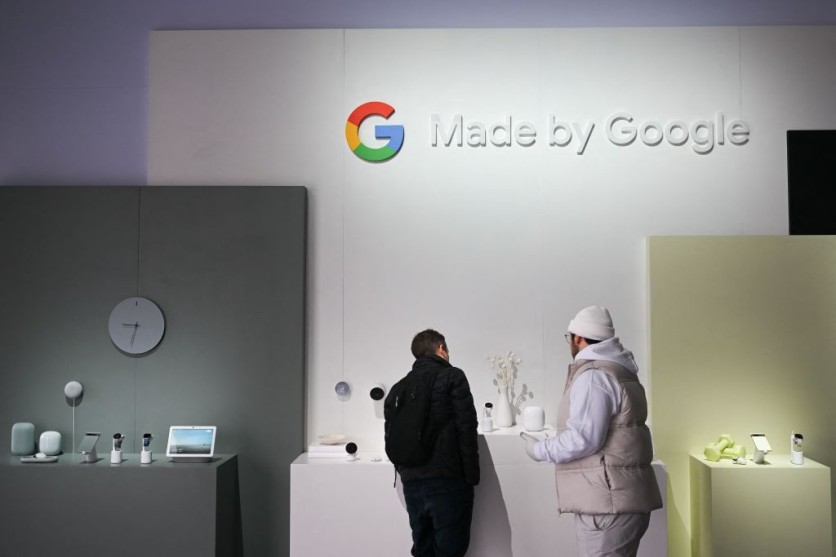The head of Google's search engine cautioned about the disadvantages of having too much reliance on artificial intelligence chatbots in an interview with Germany's Welt am Sonntag newspaper and reported first by The Straits Times on Saturday, Feb. 11.
The comments were made amid a brewing AI race between Google and Microsoft as the latter looks to integrate advanced features of the wildly popular ChatGPT into its search engine Bing.

"Hallucination"
Dr. Prabhakar Raghavan, senior vice president at Google and head of the company's search engine told the newspaper that artificial intelligence could lead to "hallucination."
"This then expresses itself in such a way that a machine provides a convincing but completely made-up answer," Dr. Raghavan said in a statement, quoted by The Straits Times.
He noted that relying on AI bots must only be kept to a minimum to reduce unwanted effects.
OpenAI's chatbot ChatGPT has been gaining a lot of steam over the past few months. The creator of Gmail even said that the tool's growing popularity may lead to the disruption of Google's dominance in the field of search engines.
Microsoft founder Bill Gates also expressed his excitement about the potential of this AI chatbot.
However, Google is not going down without a fight as it also introduced the Bard AI, which will be integrated into the company's search engine development.
Google said that the Bard assistant will make its search engine more conversational with a personable system.
Read also : ChatGPT: Hackers Bypass OpenAI Restrictions to Create Malware, Improve Codes via Telegram Bot
AI Race
The two Big Tech companies find themselves in a heated AI race and we are yet to witness which one of them will reach the finish line with flying colors since both AI tools are still in their early stages.
This is particularly true with Google's Bard since it is still in a closed testing experience for selected parts. This may give Microsoft the upper hand since it already brought a preview via Bing.com to showcase its latest AI integration.
Additionally, Google Bard suffers grave consequences for both its image and Google's stock, after producing an incorrect answer when asked about the first image of an exoplanet.
Bard said that the James Webb Space Telescope was the first to capture it even though the ESA's Very Large Telescope did it first in 2003.
The error by Google cost its parent firm, Alphabet Inc., $100 billion in market value.
Alphabet shares decreased during regular trading as well, falling as high as 9% on volumes that were roughly three times the 50-day moving average.
The AI search engine race is on and Microsoft appears to have the upper hand right now but we will know in time if Google eventually catches up.
Related Article : Real Estate Brokers Now Use ChatGPT for Emails and Property Listings; Experts Claim AI Could Become an Industry Standard

ⓒ 2025 TECHTIMES.com All rights reserved. Do not reproduce without permission.




